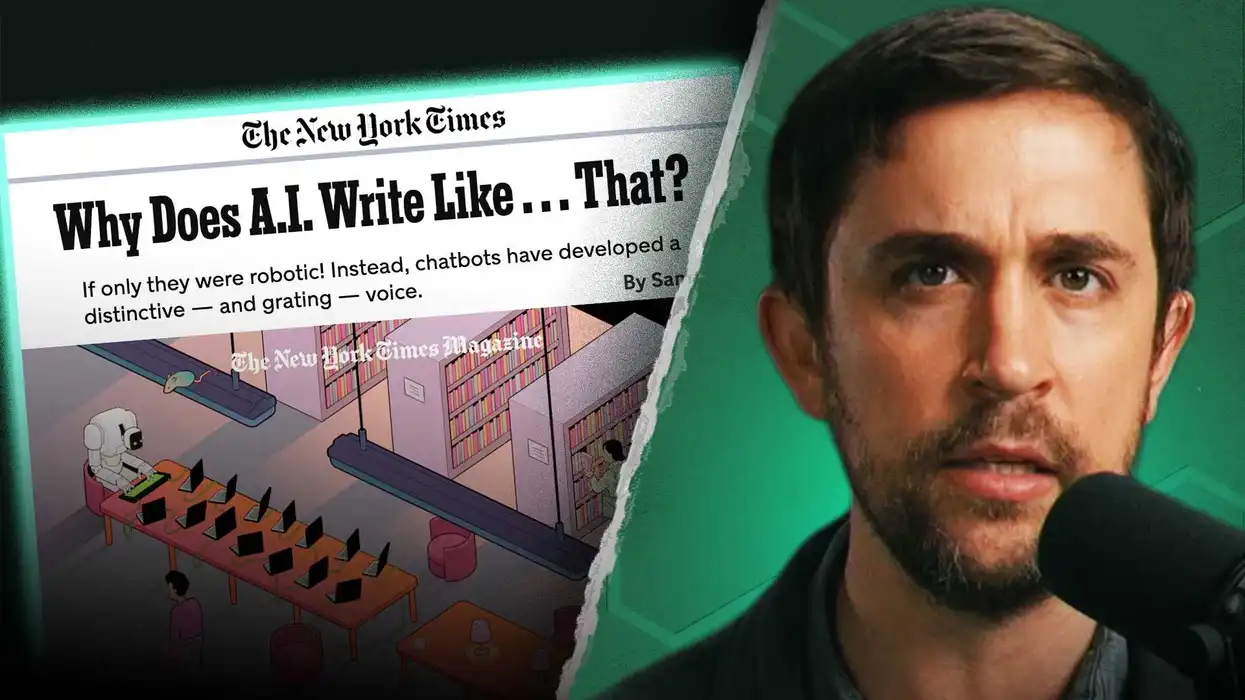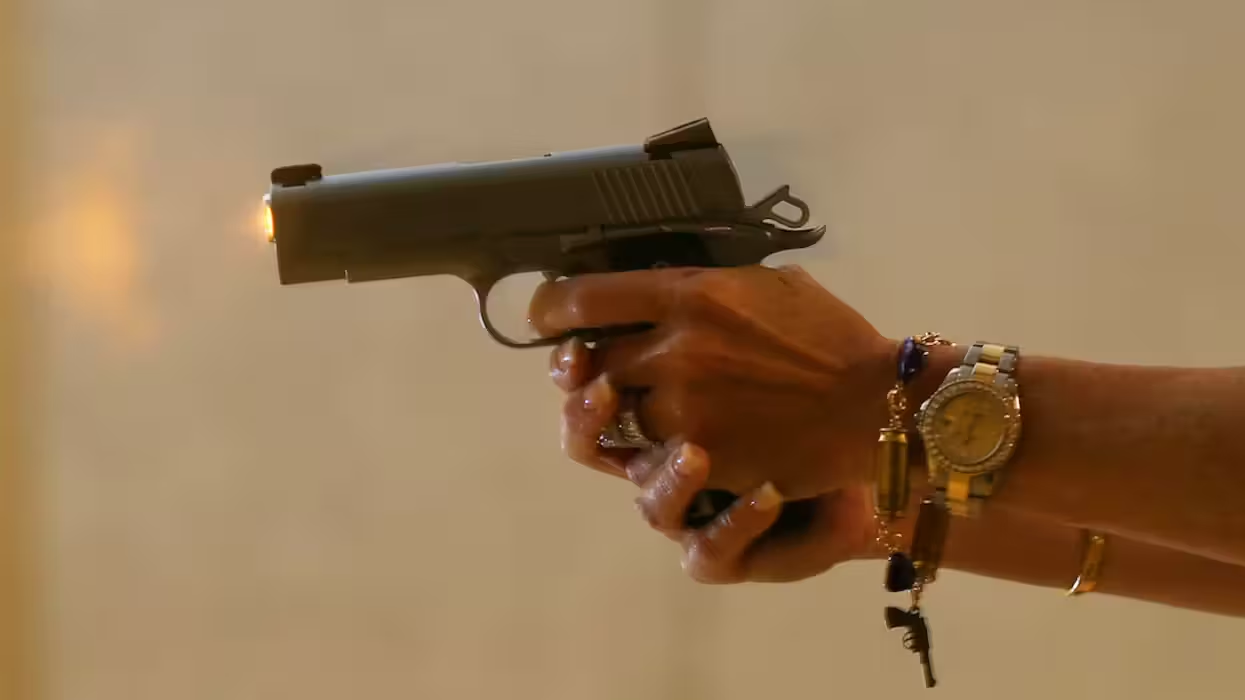
© 2025 Blaze Media LLC. All rights reserved.
"...perhaps the most radical injunction issued by a court in our nation's history."
In a highly contentious decision, the U.S. Supreme Court has ordered the California prison system to release tens of thousands of inmates in an effort to address overcrowding. The total number of inmates the state will be mandated to release will fall somewhere between 37,000 and 46,000.

In a 5-4 decision, the Supreme Court upheld a 2009 ruling by a special three-judge panel; Justice Anthony Kennedy wrote the decision. FOX News has more:
"After years of litigation, it became apparent that a remedy for the constitutional violations would not be effective absent a reduction in the prison system population," Kennedy wrote in an opinion joined by the court's more liberal members. In an unusual occurrence, the opinion included an appendix showing three pictures of the overcrowded facilities.Critics of California's prison system contend the cells are so overrun with inmates that proper care has been obliterated. Kennedy cites examples of prisoners with mental or physical health needs having to wait months for inadequate care. He cites one example of an inmate who was held for nearly 24 hours in a cage and standing in a pool of his own urine. Others died while seeking medical attention that was seemingly delayed because of the backlog of cases
According to ABC News, at the time of the 2009 court order, California was holding 156,000 inmates. This is nearly double what the prison system was designed to hold. While this is being viewed as a human rights victory by some, two important questions come to mind: 1) What are the safety concerns posed by releasing such a large number of inmates back into society? 2) In analyzing costs and benefits, is releasing these individuals truly the best way to alleviate overcrowding?
Chief Justice John Roberts and Justice Samuel Alito took issue with the notion that federal judges would be given control over penal systems, while also taking on the majority for not considering the recent progress California officials had made in tackling overcrowding. In a separate dissent, Justice Antonin Scalia and Justice Clarence Thomas, also railed heavily against the ruling:
"Today the court affirms what is perhaps the most radical injunction issued by a court in our nation's history: an order requiring California to release the staggering number of 46,000 convicted criminals."
This sets an interesting precedent, as it is one of the largest prison release mandates in U.S. History.
Want to leave a tip?
We answer to you. Help keep our content free of advertisers and big tech censorship by leaving a tip today.
Want to join the conversation?
Already a subscriber?
Billy Hallowell is a digital TV host and interviewer for Faithwire and CBN News and the co-host of CBN’s "Quick Start Podcast."
Billy Hallowell
Billy Hallowell is a digital TV host and interviewer for Faithwire and CBN News and the co-host of CBN’s "Quick Start Podcast."
more stories
Sign up for the Blaze newsletter
By signing up, you agree to our Privacy Policy and Terms of Use, and agree to receive content that may sometimes include advertisements. You may opt out at any time.
Related Content
© 2025 Blaze Media LLC. All rights reserved.
Get the stories that matter most delivered directly to your inbox.
By signing up, you agree to our Privacy Policy and Terms of Use, and agree to receive content that may sometimes include advertisements. You may opt out at any time.






